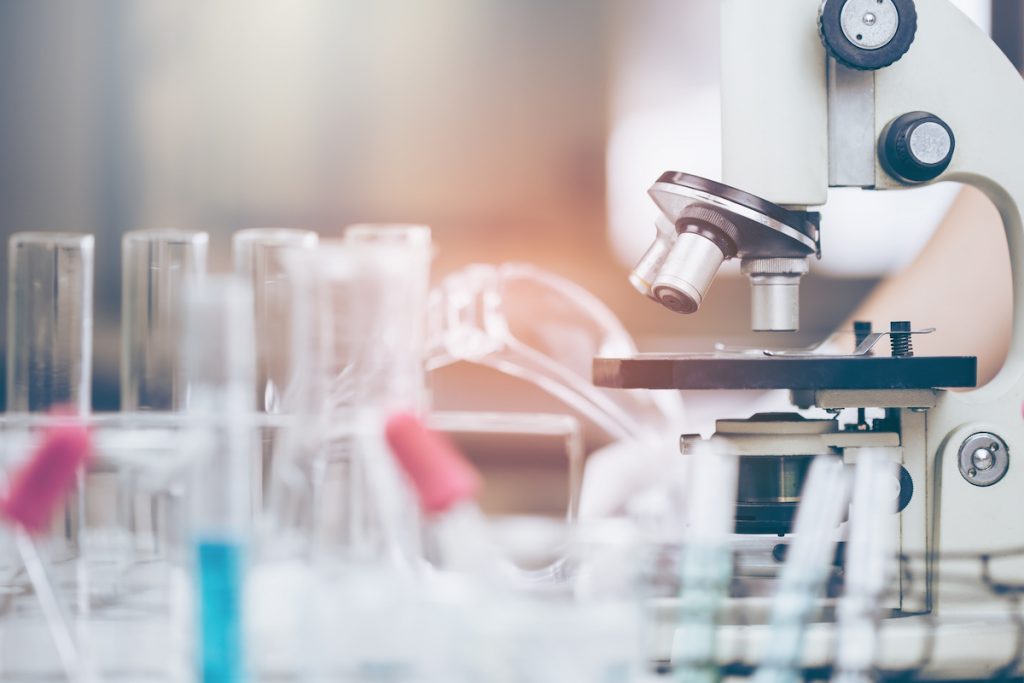Biobanks

Promoting research
Accredited biobanks ensure the availability of reproducible and comparable biological materials for scientific research and for the world of industry, also contributing to the protection of public health.
Optimizing research and development times and costs, ensuring performance quality and the reliability of results, is a priority for the world of science and industry. About 80% of global research expenditure is wasted, because the results obtained are not adequate, partly due to the inadequacy of the original material.
An assurance is offered by biobanking activities, which provide qualified biological materials to obtain reproducible and comparable results. A biobank is a non-profit organization performing the acquisition, storage, collection, preparation, preservation, testing, analysis and distribution of biological materials and associated data. Biological material can be of human, animal and plant origin or derive from microorganisms and fungi.
The accreditation of biobanks according to ISO 20387 regulates activities for research and development purposes.
Biobanking is a strategic tool for the progress of biotechnologies and scientific and industrial research, to promote the development of new therapies and the understanding of diseases, as well as to offer useful information for treatment, prevention and early diagnosis.
Benefits
There are different types of biobanks, depending on the biological material they collect and store, and they offer multiple benefits to the sectors in which they operate, with considerable growth opportunities.
Research and development
Correctly managing biological materials and associated data from a technical, ethical, legal and impartial point of view is essential for obtaining material that is suitable for its intended purpose. By ensuring reproducible and comparable results, the accredited biobank can help reduce the time and costs for research and development in both science and industry.
Looking ahead, biobanks will enjoy preferential access to the world of economics and research and will be favored partners in scientific and industrial projects, such as the preparation of dossiers or the verification of new diagnostic tests.
Health services
The Scientific Hospitalization and Care Institutes (IRCCS) are hospitals appointed by the Ministry of Health, which access valuable material for research and very often have internal biobanks. Accreditation is an opportunity to improve the quality of the health service offered, as well as research and development.
Citizens will have the certainty that the biological material made available and authorized for preservation and research will be treated in compliance with international quality standards ensured by compliance with ISO 20387, with the prospect of benefits for individual and community health.
International projects
The mission of the biobank is to contribute to scientific progress, not only by preserving, but also by exchanging its material with other structures, nationally and internationally, so that it can be used for research.
Accreditation acts as a driving force for exchanges, making it possible to create a system of biobanks with comparable methods and to rely on a greater number of quality materials, which are the basis of increasingly reliable and reproducible scientific evidence.